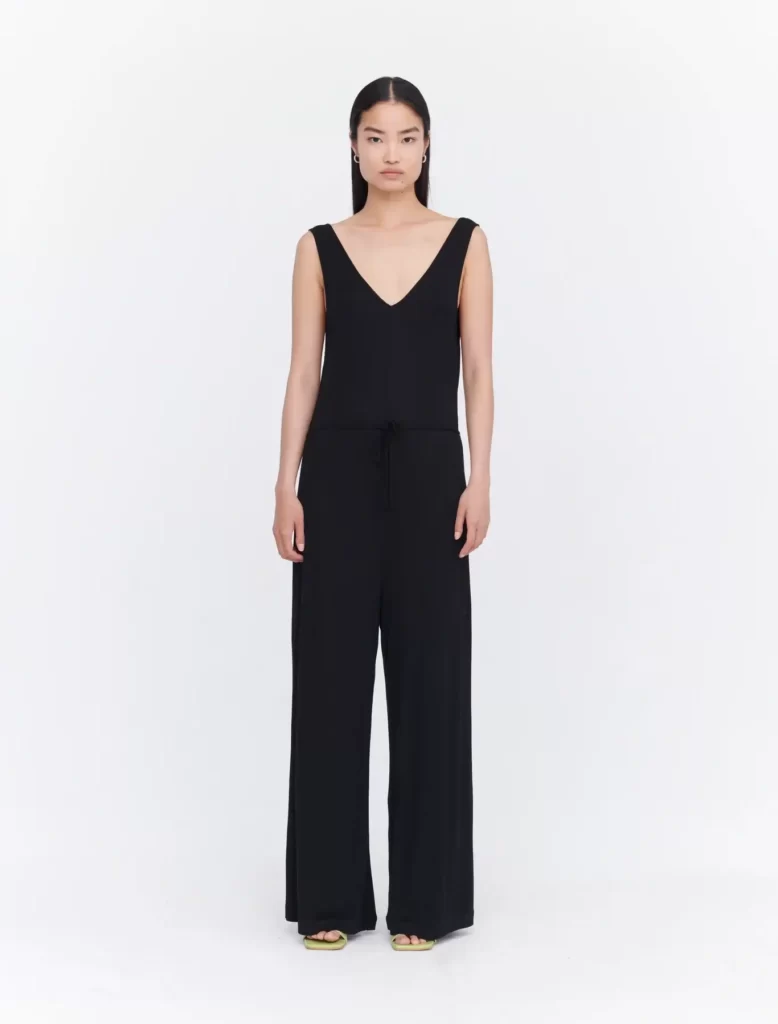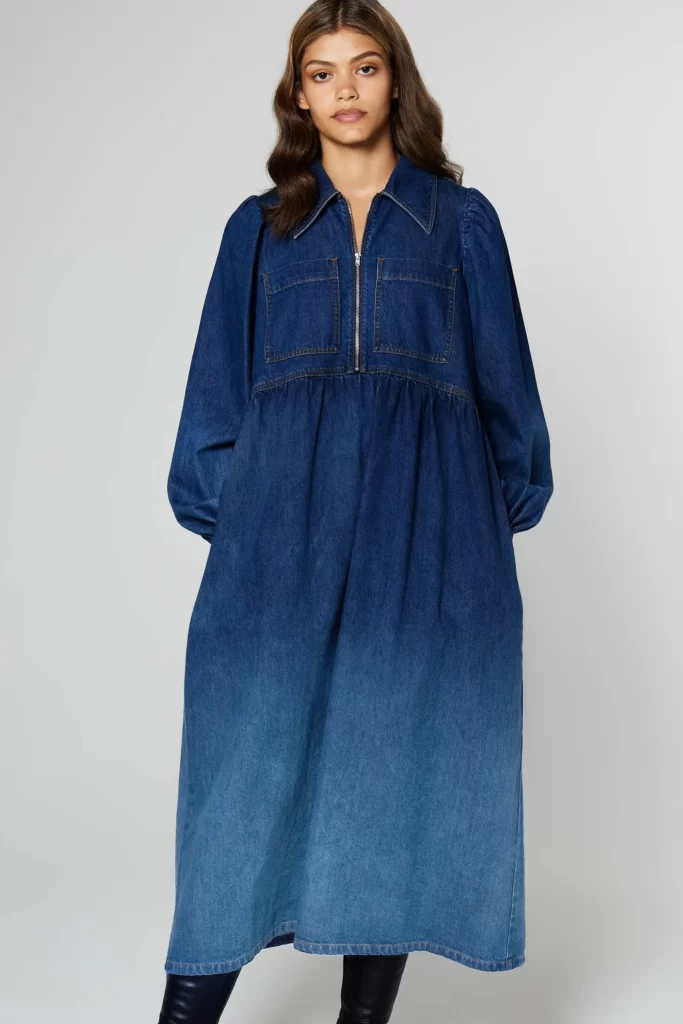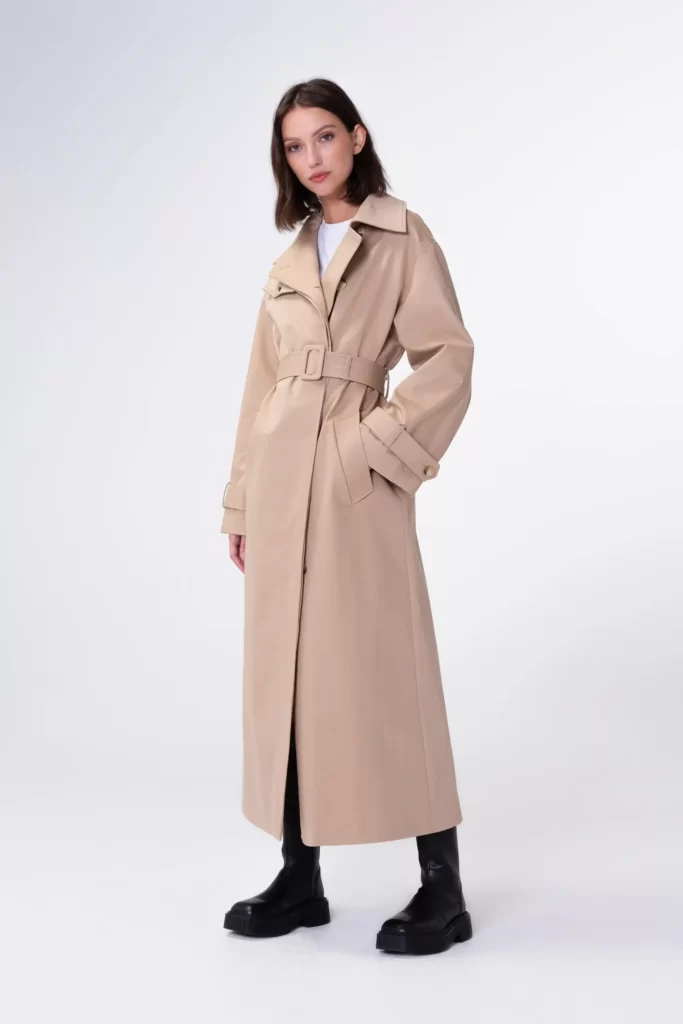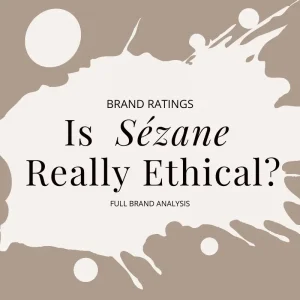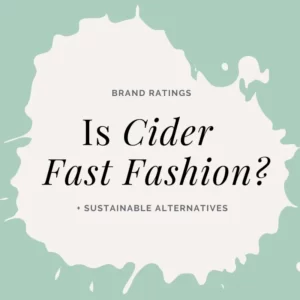Zara is a global fashion retailer in the world, creating women’s, men’s, and children’s clothing. But is Zara Fast Fashion?
The brand is owned by Spanish retail giant Inditex, which owns a collection of Zara’s sister brands, Zara Home, Bershka, Massimo Dutti, Pull & Bear, and Oysho.
Zara was founded in 1975 by Amancio Ortega, a Spanish businessman who created the company to create cheaper alternatives to high-street styles. Amancio Ortega restructured the company’s supply chain in 1980 to allow it to react to emerging trends quickly, and he coined its collections “instant fashions.”
Fast forward to 2022, and Inditex is the largest clothing retailer worldwide, making over 30 billion US dollars in sales in 2022.
Is Zara Fast Fashion?
Yes, Zara is a fast fashion brand. The fast fashion retailer mass produces thousands of styles and millions of pieces of clothing every year. Zara has kept its “instant fashion” ethos almost fifty years later by releasing new clothing collections every week to react too emerging and quickly changing trends.
Because Zara retails in a “mid-price” range, we often don’t consider high-street brands such as Zara to be in the same league as the ultra-fast fashion brands such as Shein, Romwe, or Zaful. However, when you look closer, the brands operate on a similar fast fashion business model, mass producing thousands of styles and reacting to quickly changing fashion trends.
What Materials Does Zara Use?
Zara uses common textile materials, including cotton, polyester, and semi-synthetic cellulose-based fibers like Viscose.
The brand is improving its use of sustainable materials and has the following sustainable material targets:
- 2023 – Targeting 100% more sustainable cotton (organic, BC, and recycled cotton)
- 2023 – 100% sustainable man-made cellulosic fibers from more sustainable sources
- 2025 – 100% more sustainable linen and recycled polyester
In its 2021 sustainability report, Intidex reports that 65% of its cotton came from more sustainable sources. When talking about polyester, the brand doesn’t share where it is in terms of overall percentage but reported that it used 26,000 tonnes of polyester from more sustainable sources. However, we cannot verify the exact overall portion of its materials bill.
Zara released its “Join Life” label in 2015, which the company describes as garments that are produced using better processes and more sustainable raw materials. In 2020 47% of its collection featured the Join Life label, which leaves us asking what about the other 53% of its collection? We can only assume those garments weren’t made with sustainable materials or better processes, leading to the brand’s collection appearing to be a form of Greenwashing.
While we see Zara improving its use of sustainable materials, there’s still a long way to go if it wants to meet its targets.
Is Zara Carbon Neutral?
No, Zara is not carbon neutral. However, the brand does have targets to reduce its GHG emissions by 90% for its Scope 1 and 2 emissions compared to 2018 and a reduction of 20% in its Scope 3 operations (production supply chain).
Intidex is targeting net zero emissions by 2040. While it’s good to see targets to reduce GHG emissions, we don’t know if the brand will achieve these targets.
Is Zara Ethical?
Zara’s parent company, the Inditex group, has a huge supply chain, working with 1,790 direct suppliers who use 8,756 factories, employing over three million workers worldwide.
Inditex has a code of ethical conduct its suppliers must adhere to continue its partnership. The company then audits these factories against its code to check compliance with its standards. Inditex uses both in-house and external auditing bodies to conduct its audits.
Zara publishes the high-level audit scores here. While there is an improvement in Audit scores within the factories audited since 2017; some suppliers (2%) still have noncompliances and are on corrective action plans. That is potentially hundreds of factories not following the code of conduct for fair treatment of its workers.
Despite Zara saying they are members of ACT to promote living wages, Zara still works with suppliers who still aren’t compliant with paying a fair or living wage, aren’t compliant with its hygiene at work policies, or aren’t implementing its code of conduct. Plus, the company isn’t transparent about the wages of garment workers. In addition, Zara scored a poor 36% overall in the Fashion Transparency Index.
Where are Zara Clothes Made?
As we’ve mentioned, Zara’s parent company Inditex works with over eight thousand factories globally.
While we don’t know which exact factories are supplying Zara items specifically, the company works with supplies in Asia, Africa, and Europe, including factories in Spain, Portugal, Morocco, Turkey, India, Bangladesh, Pakistan, Vietnam, China, Cambodia, Argentina, and Brazil.
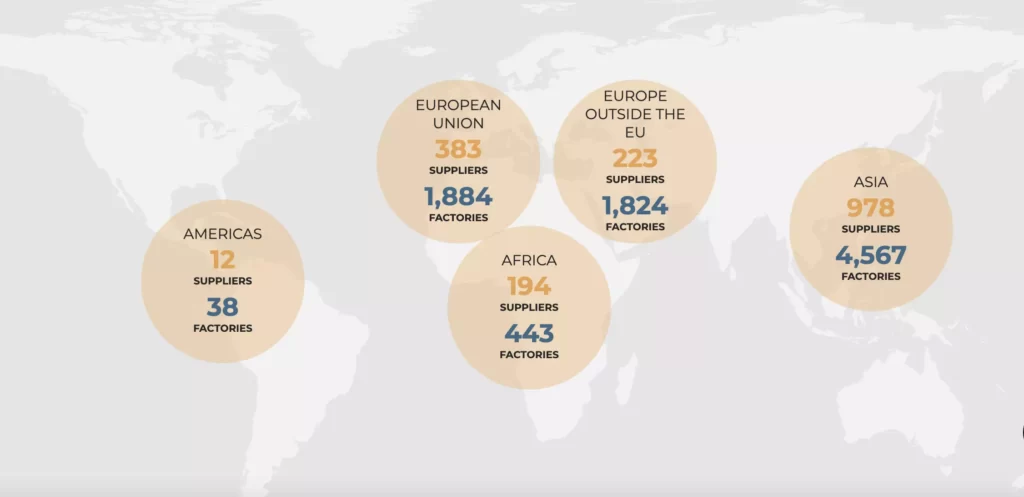
Is Zara Cruelty-Free?
Zara doesn’t use any angora, fur, or exotic skins in its collections, however, we cannot say the brand is cruelty-free as it uses leather and wool. Some of the leather used in Join Life is LWG certified. However, we cannot verify the origins of the leather used in Zara’s other collections.
Does Zara Have A Clothing Recycling Program?
Yes, Zara has implemented a “close the loop” clothes recycling program, where it encourages its customers to recycle their old clothes in the store.
Ecothes Opinion: Zara Sustainability Score
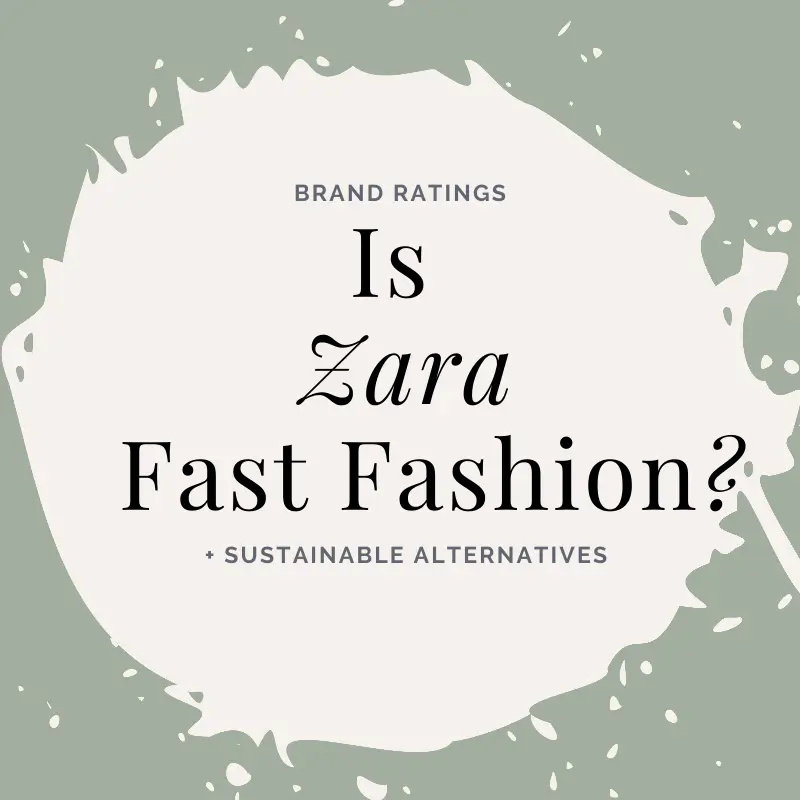
Overall we rate Zara a “not great” score of 2/5, and we would personally shop from sustainable alternatives.
What we liked:
- The brand has some transparency around its supplier audit scores.
- The brand is working to reduce its GHG emissions.
- Zara has implemented a clothes recycling program in its stores.
What we didn’t like:
- The brand works with suppliers who don’t have 100% compliance with its code of conduct and wage policies.
- Zara is a fast fashion brand churning out new items weekly, promoting over-consumption of clothing.
- Zara still uses virgin polyester and virgin synthetic materials in its collections.
10 Sustainable Alternatives to Zara
We’re reader-supported. The following post contains affiliate links. If you click through a link and make a purchase, we may receive a commission. We only partner with brands who share the same values as we do.
Instead of supporting fast fashion brands like Zara, did you know there are brands already using transparent and ethical supply chains and fully sustainable materials to create their collections? Sound too good to be true? It’s not; check out our favorite Zara alternatives below.
1. Reformation

Sustainability: Climate-neutral certified brand using ethical factories and sustainable materials, including deadstock fabrics and natural fibers
Best for: Sustainable dresses, jeans, dreamy tops
Brand Rating: 4/5
Ships to: Worldwide

2. Sézane

Sustainability: Certified B Corporation uses natural fibers and responsible materials
Best for: French-inspired dresses, sweaters, jumpers, blouses
Ships to: Worldwide

3. Baukjen

Sustainability: Certified B corp using natural materials and ethical production, clothes rental service available
Best for: UK brand creating on-trend women’s clothing
Ships to: Worldwide

4. Thought
5. Ninety Percent
6. Pact
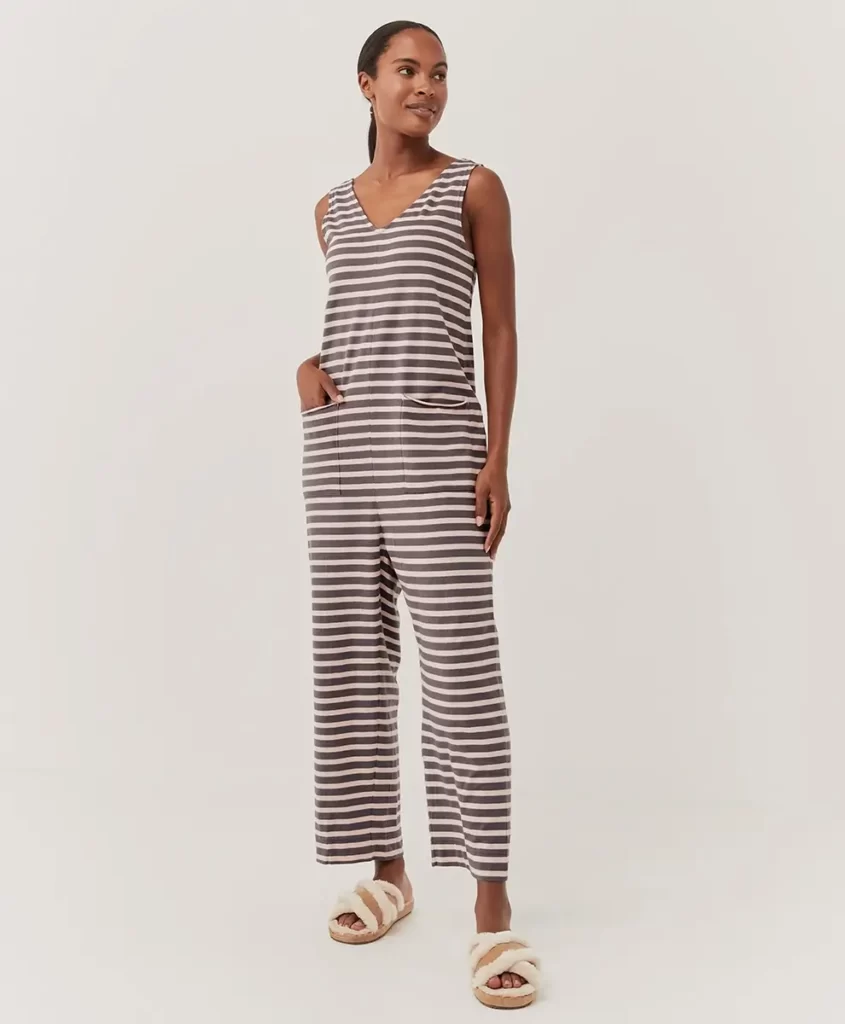
Sustainability: Fair Trade certified factories use GOTS organic cotton to create their clothing
Best for: Organic cotton basics for women, men, and children
Ships to: Worldwide
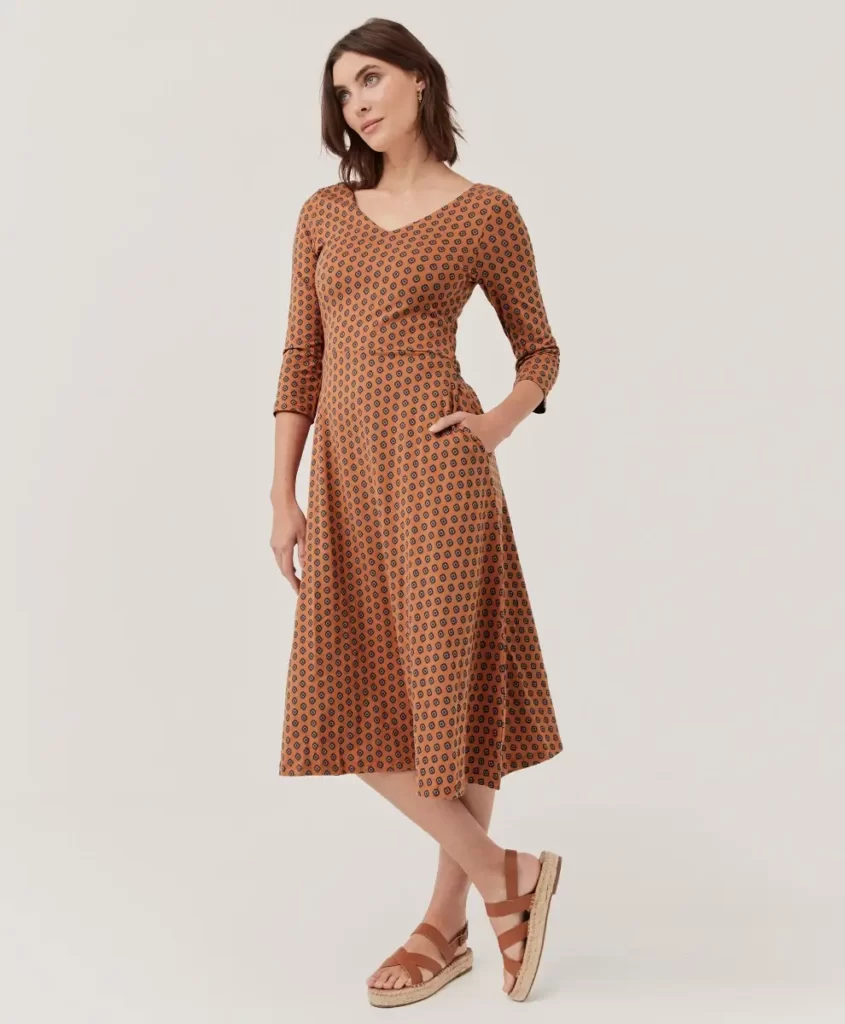
7. Aligne
8. Afends
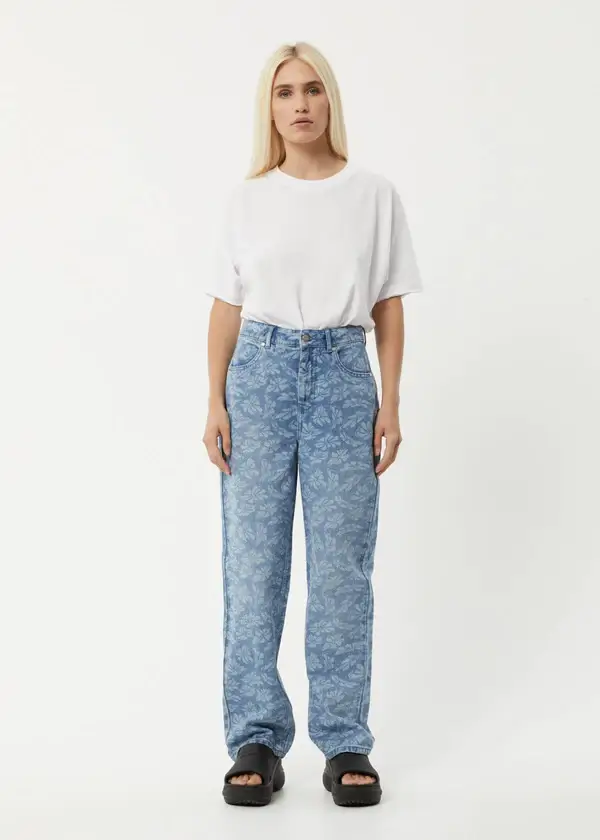
Sustainability: Natural materials, including hemp denim and organic cotton
Best for: Sustainable alternatives to Zara TRF Trafaluc collection
Ships to: Worldwide
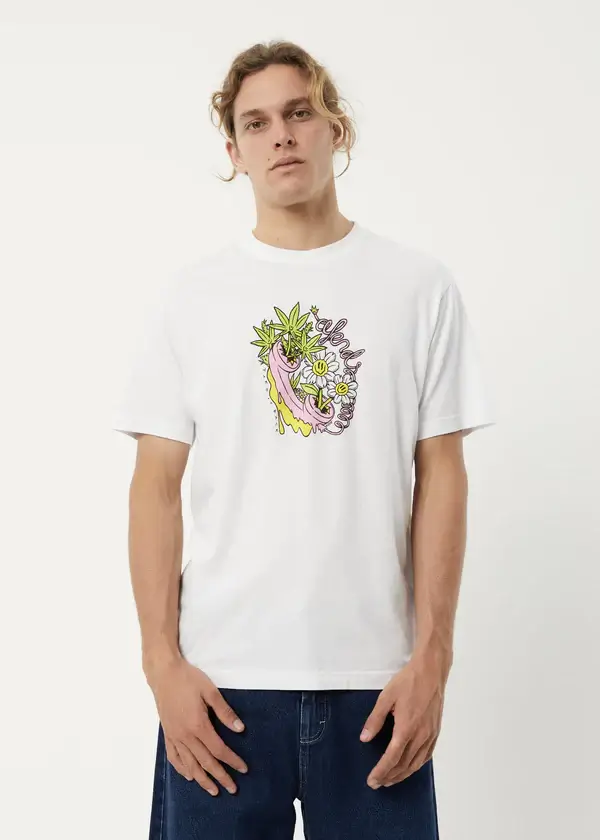
9. Kotn

Sustainability: Responsibly sourced cotton, ethical production
Best for: Cotton essentials
Ships to: Worldwide
Read our analysis on Kotn’s sustainability here.
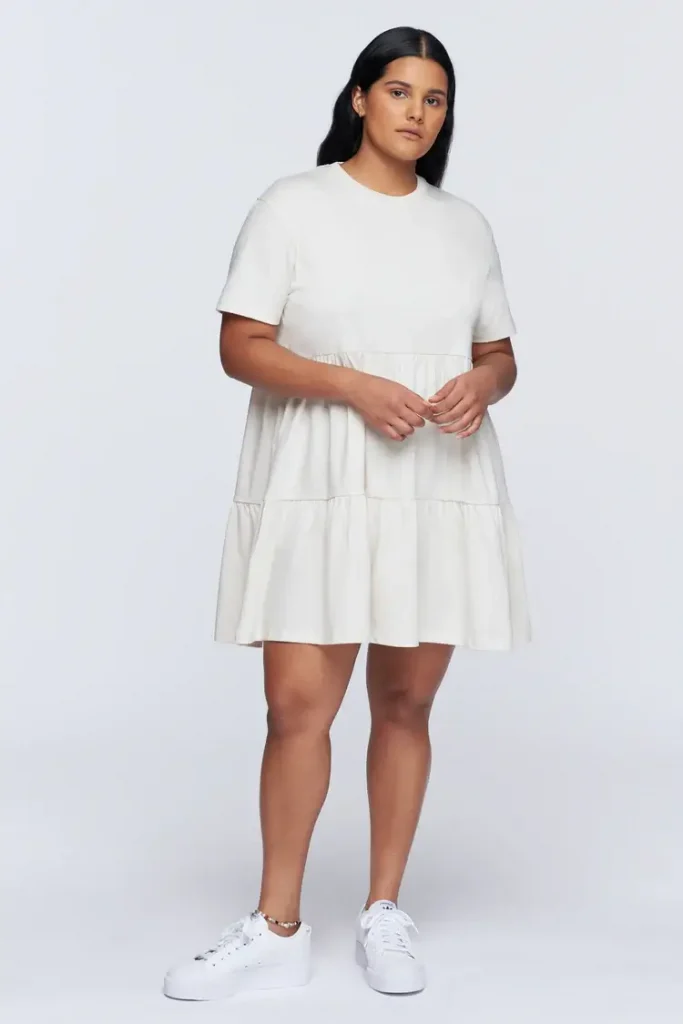
10. Neem London
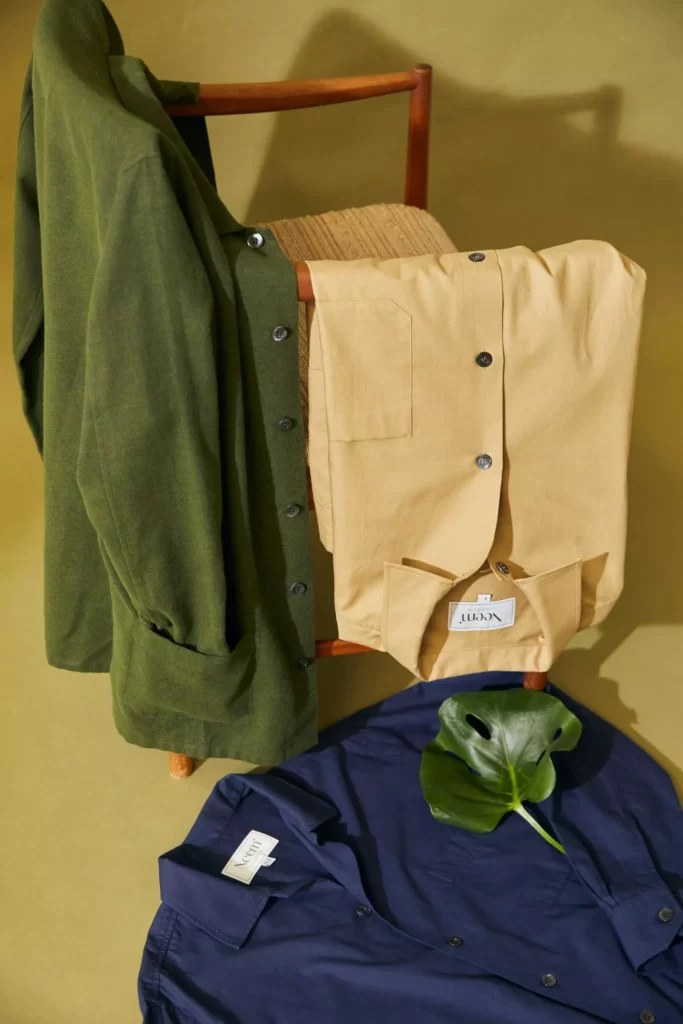
Sustainability: Ethical production in Europe, responsible fibers
Best for: Sustainable menswear alternatives to Zara Man
Ships to: the UK & International

Wrapping Up: Is Zara Fast Fashion?
We hope you enjoyed the article and now have enough information to decide for yourself whether Zara is a fast fashion brand and if Zara is ethical.
Make sure you keep digging to uncover if other brands like Cos, Banana Republic, Free People, Urban Outfitters, and ASOS are fast fashion too.




